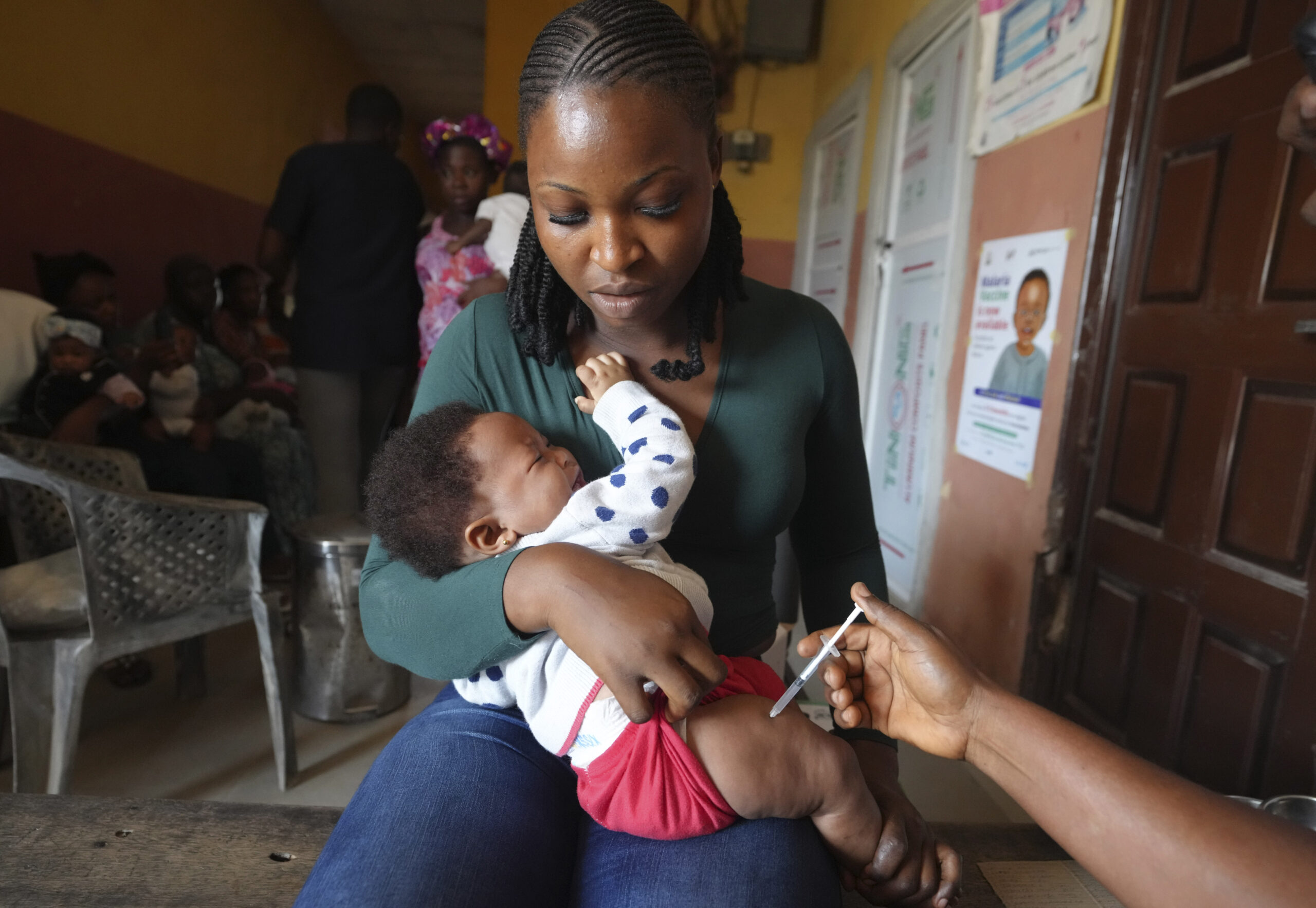Health
Global Health Cooperation Declines Despite Pandemic Lessons

The global response to health crises is faltering, as nations struggle to collaborate effectively in the wake of the Covid-19 pandemic. A recent analysis highlights that, despite the lessons learned from the pandemic, countries are hesitant to bolster support for one another, particularly when it comes to aiding low-income nations.
The World Health Organization (WHO) has expressed concern over the growing reluctance among wealthier countries to contribute significantly to global health initiatives. In a report released in March 2024, the WHO noted that funding for health programs aimed at supporting low-income countries has dropped sharply. This decline occurs despite the recognition of the interconnectedness of health issues across borders, established during the Covid-19 crisis.
Funding Gaps and Global Health Initiatives
According to a recent study from the United Nations, funding for global health initiatives fell by approximately 25% in 2023 compared to previous years. This reduction has serious implications for low-income countries that rely heavily on international assistance to bolster their healthcare systems. The study emphasizes that the lack of financial commitment from high-income nations inhibits the ability to respond effectively to emerging health threats.
The International Monetary Fund (IMF) has also pointed out that many nations are prioritizing domestic issues over international cooperation. This inward focus means that resources, which could have been allocated to global health challenges, are instead being funneled into local economies struggling with inflation and recovery from the pandemic.
Despite the clear need for enhanced cooperation, countries are failing to come together in meaningful ways. The G20 nations, which gather to discuss economic stability and global challenges, have not yet reached a consensus on revitalizing health funding. Their discussions have largely skirted the urgent need for a unified approach to health crises, leaving vulnerable populations at risk.
Lessons from the Pandemic
The Covid-19 pandemic exposed significant weaknesses in global health systems and underscored the importance of solidarity in health responses. It demonstrated that diseases do not respect borders, and that a lack of support for one region can have dire consequences for others. Yet, as nations emerge from the crisis, the spirit of collaboration seems to be waning.
Health experts argue that without a recommitment to global health cooperation, the world may face even greater challenges in the future. The WHO has called for renewed investment in health systems, particularly in regions that remain underfunded. The organization emphasizes that a strong global health framework is essential for preventing future pandemics.
In this context, the hesitance to support international health initiatives raises critical questions about the future of global health security. Stakeholders from various sectors, including governments, non-profits, and private organizations, are urged to reconsider their priorities and recognize the importance of a united front against health threats.
As nations navigate the post-pandemic landscape, a collective effort to enhance global health cooperation will be vital to address the vulnerabilities exposed by Covid-19. Without a proactive approach, the lessons learned may fade, leaving the world ill-prepared for the challenges ahead.
-

 Lifestyle5 months ago
Lifestyle5 months agoLibraries Challenge Rising E-Book Costs Amid Growing Demand
-

 Sports4 months ago
Sports4 months agoTyreek Hill Responds to Tua Tagovailoa’s Comments on Team Dynamics
-

 Sports4 months ago
Sports4 months agoLiverpool Secures Agreement to Sign Young Striker Will Wright
-

 Lifestyle4 months ago
Lifestyle4 months agoSave Your Split Tomatoes: Expert Tips for Gardeners
-

 Lifestyle4 months ago
Lifestyle4 months agoPrincess Beatrice’s Daughter Athena Joins Siblings at London Parade
-

 Science4 months ago
Science4 months agoSan Francisco Hosts Unique Contest to Identify “Performative Males”
-

 World4 months ago
World4 months agoWinter Storms Lash New South Wales with Snow, Flood Risks
-

 Science5 months ago
Science5 months agoTrump Administration Moves to Repeal Key Climate Regulation
-

 Business5 months ago
Business5 months agoSoFi Technologies Shares Slip 2% Following Insider Stock Sale
-

 Science5 months ago
Science5 months agoNew Tool Reveals Link Between Horse Coat Condition and Parasites
-

 Sports4 months ago
Sports4 months agoElon Musk Sculpture Travels From Utah to Yosemite National Park
-

 Science5 months ago
Science5 months agoNew Study Confirms Humans Transported Stonehenge Bluestones









